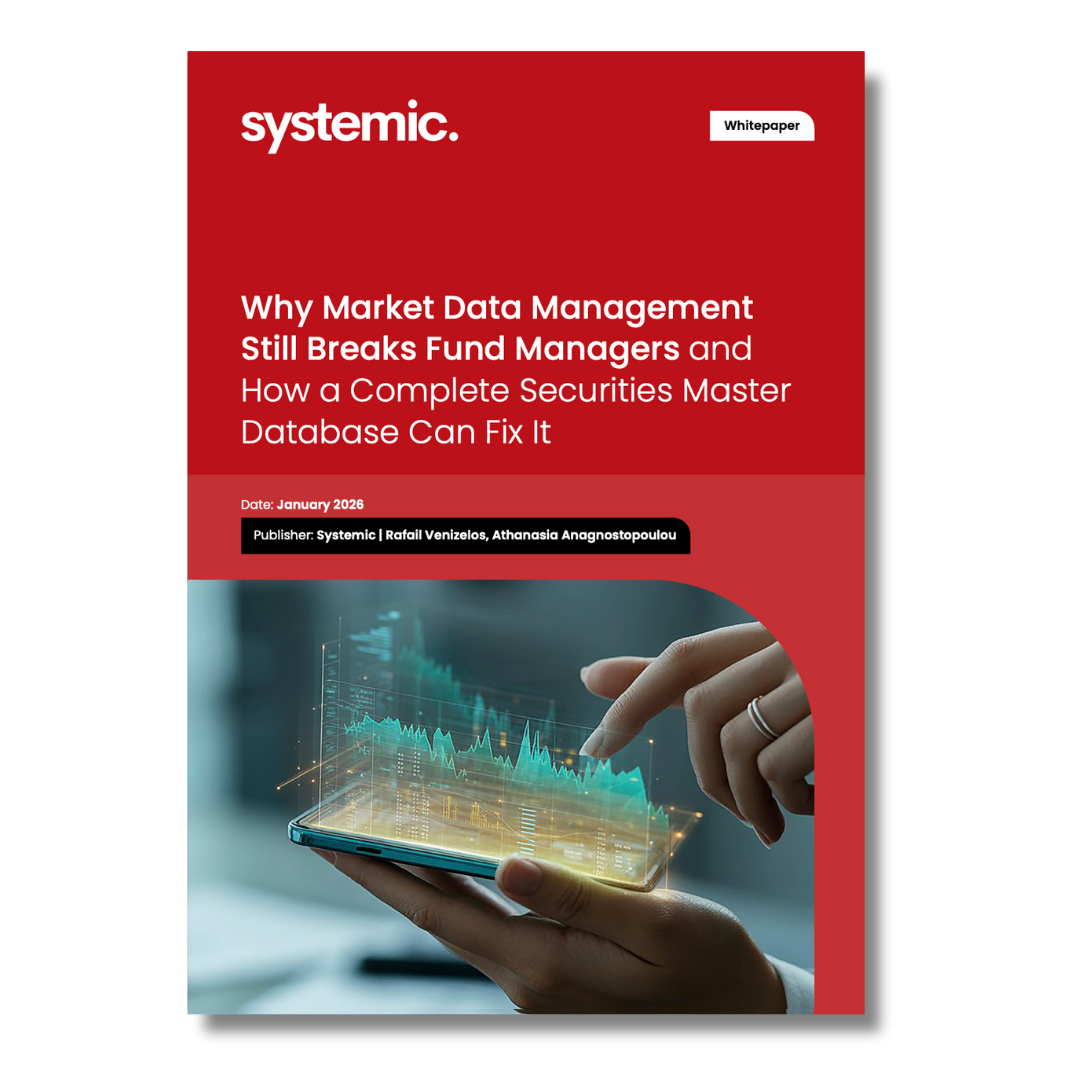The wealth management industry is undergoing a revolutionary transformation. In the background of this significant shift in investor demographics, wealth managers must evolve to meet the evolving needs of the next generation of investors.
Knowing the next generation of beneficiaries will become ever more significant for wealth managers as a historic wealth transfer begins to unfold. Here, in this article, we’ll examine the expectations of Gen Z and Millennials regarding wealth management and explore how these professionals can evolve to address them.
One of the biggest dangers of this wealth transfer between generations is the gradual erosion of inherited wealth. Younger heirs all too frequently do not have the investment knowledge necessary to manage their new wealth and do not engage with their parents’ wealth managers. Wealth management firms have elevated asset loss exposure unless they transform to address Generation Z’s expectations and values. Firms that do not undertake the required transformations will compel this new generation to seek guidance elsewhere. The shift driven by Gen Z goes beyond succession; they are actively rewriting the terms of investment priorities. Sustainability considerations often have a central role in their financial outlook. Nor does this commitment to sustainability compromise their expectations of performance; Gen Z investors expect returns that are financially satisfying, and they invest purposefully.
In order to effectively attract and retain this new segment of investors, wealth managers must create investment solutions that reconcile ESG objectives and sound financial performance in a balanced way. Equally vital in securing the attention of Gen Z is digital interaction. Having matured in an era shaped by user-friendly mobile applications and instant digital services, Gen Z anticipates wealth management to deliver equally seamless digital experiences.
Several studies highlight this pronounced digital bias, with most Gen Z investors and Millennials reporting the use of mobile apps to manage investments in self-reporting, and a much smaller proportion of Gen X investors doing the same. Wealth managers should enhance digital functionality, such as user-friendly apps, real-time portfolio reporting, timely market insights, and personalized, interactive educational content. Further, Gen Z’s expectations compel wealth managers to become purpose-driven advisors aligned with their values, delivering tailored strategies that resonate strongly with them, securing active involvement, and remaining transparent in decision-making. Investors seek advisors who are not just digitally proficient but also ethically attuned, with the capacity to align investment strategies with personal and societal values. Gen Z and Millennials anticipate a highly customized wealth management experience. They appreciate advice that is willing to learn about their personal goals, preferences, and ethical issues, providing investment recommendations that are sensitive to them.
On top of that, wealth firms need to be nimble when it comes to communicating and advising. Older models like quarterly meetings and static printed reports won’t resonate with Gen Z. Rather, embracing live digital reporting capabilities, AI-driven market insights, and digital-first advisory platforms will resonate more with young investors. This ongoing conversation between investors and wealth managers, rather than simply portfolio management, can lead to stronger relationships and longer-lasting trust that can extend across generations.
Conclusion
A huge transfer of wealth is already in process, providing a vital opportunity for financial advisors to establish long-term relationships spanning generations. By taking the initiative and speaking with the next generation today, advisors can establish themselves as a long-term trusted ally. Wealth management firms that take bold action—leading digital transformation, adopting value-driven investing, and prioritizing personalized, transparent communications—will establish this long-term relationship.






